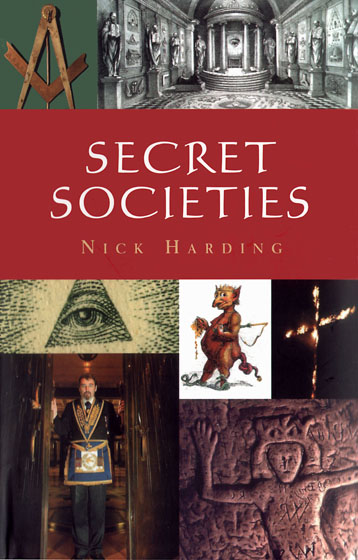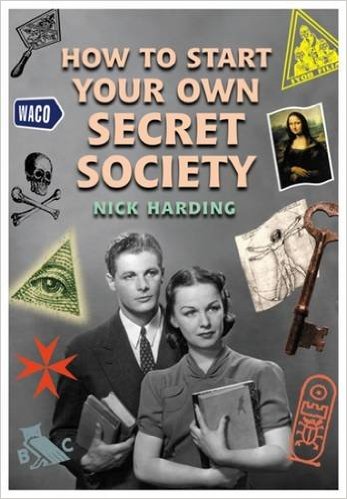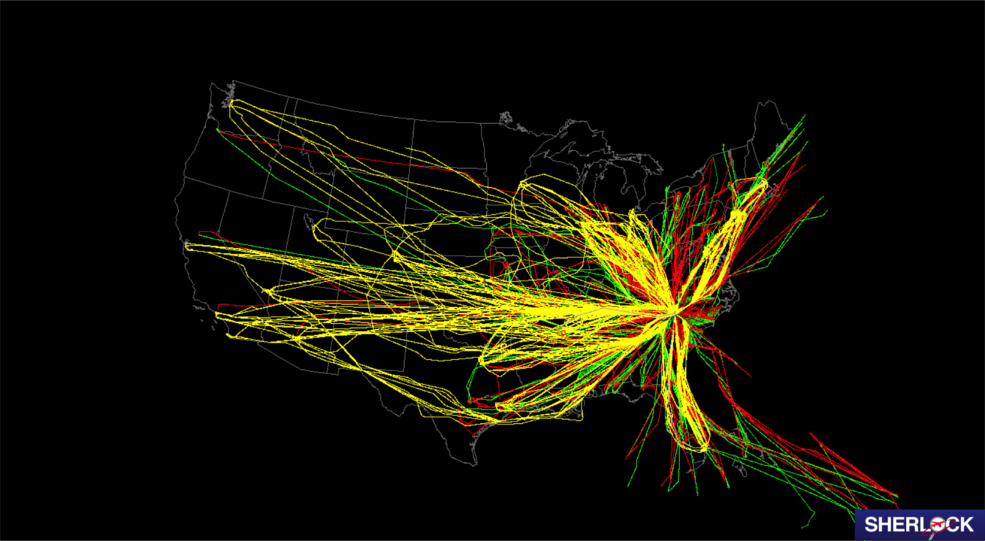RolandD
Active Member
How 'bout a single thread to share other websites? Here's my initial contribution:
http://skeptoid.com A weekly podcast by Brian Dunning. From the website:
http://rationalwiki.org Others have mentioned it, so here's the link.
It would also be nice to hear the opinion of others on the sites that are posted. I find that many sites present themselves as skeptical and rational, but in reality peddle bunk.
http://skeptoid.com A weekly podcast by Brian Dunning. From the website:
Each weekly episode focuses on a single phenomenon — an urban legend, a paranormal claim, alternative therapy, or something just plain stupid — that you've heard of, and that you probably believe in. Skeptoid attempts to expose the folly of belief in non-evidence based phenomena, and more importantly, explains the factual scientific reality.
http://rationalwiki.org Others have mentioned it, so here's the link.
Our purpose here at RationalWiki includes:
We welcome contributors, and encourage those who disagree with us to register and engage in constructive dialogue.
- Analyzing and refuting pseudoscience and the anti-science movement.
- Documenting the full range of crank ideas.
- Explorations of authoritarianism andfundamentalism.
- Analysis and criticism of how these subjects are handled in the media.
It would also be nice to hear the opinion of others on the sites that are posted. I find that many sites present themselves as skeptical and rational, but in reality peddle bunk.




